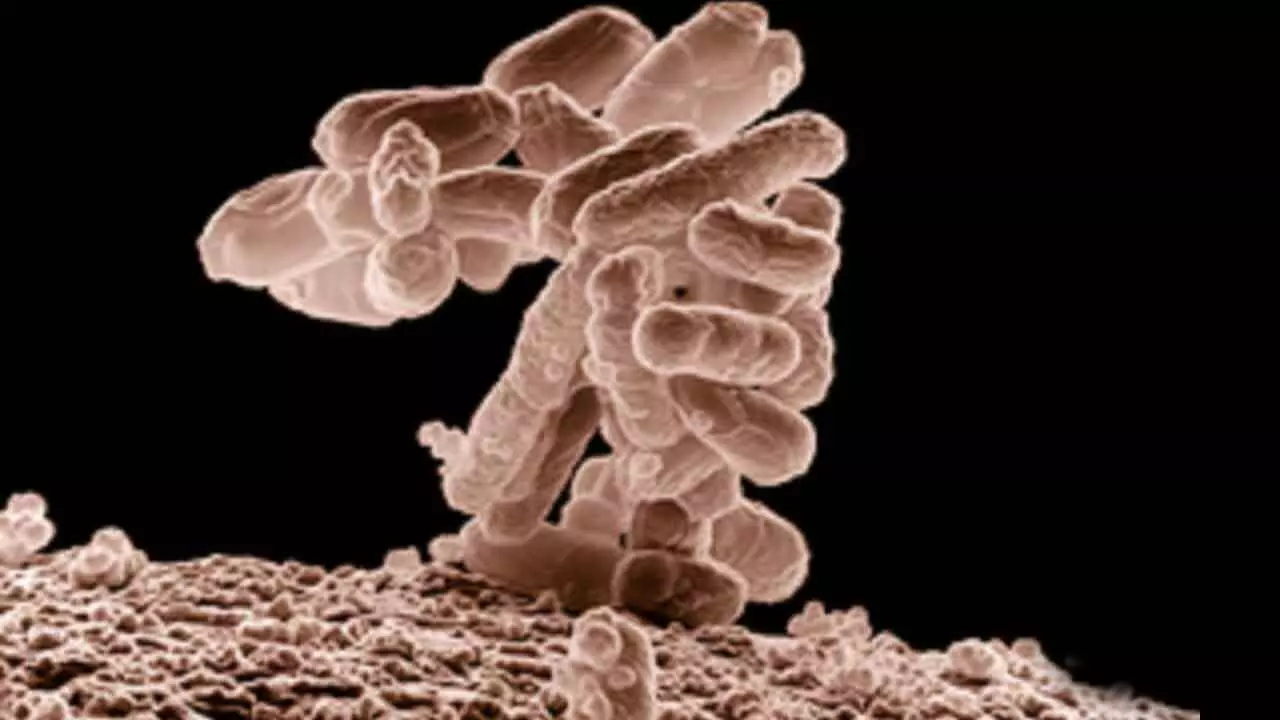Single-Use Plastic May Be Spreading Antibiotic Resistance: Study
Amid growing concerns about the joint threats of plastic pollution and antibiotic re-sistance, the new study underscores an unrecognised public health risk
Single-Use Plastic May Be Spreading Antibiotic Resistance: Study

New Delhi: Scientists from the Institute of Nano Science and Technology (INST) Mohali, an autonomous institution of the Department of Science and Technology (DST), have found that nanoplastics derived from single-use plastic bottles (SUPBs) may be contributing to the spread of antibiotic resistance.
Amid growing concerns about the joint threats of plastic pollution and antibiotic resistance, the new study, published in the journal Nanoscale, underscores an unrecognised public health risk.
Nanoplastics and microorganisms coexist in diverse environments, including the human gut, and research has shown them to affect health.
In the study, the INST team traced how plastic nanoparticles could impact bacteria. They focussed on Lactobacillus acidophilus -- which plays a central role in the gut microbiota.
Dr. Manish Singh and his team investigated whether nanoplastics could transform beneficial bacteria into carriers of antibiotic-resistance genes and pose a risk to human gut microbiome health.
They utilised the used plastic water bottles to synthesise environmentally relevant nanoplastics particles as these polyethylene terephthalate bottle-derived nanoplastics (PBNPs) better represent the actual pollutant nanoplastics generated due to dumping of single-use plastic bottles and containers. The scientists demonstrated that PBNPs can facilitate the cross-species gene transfer from E. coli to Lactobacillus acidophilus via a process called horizontal gene transfer (HGT).

